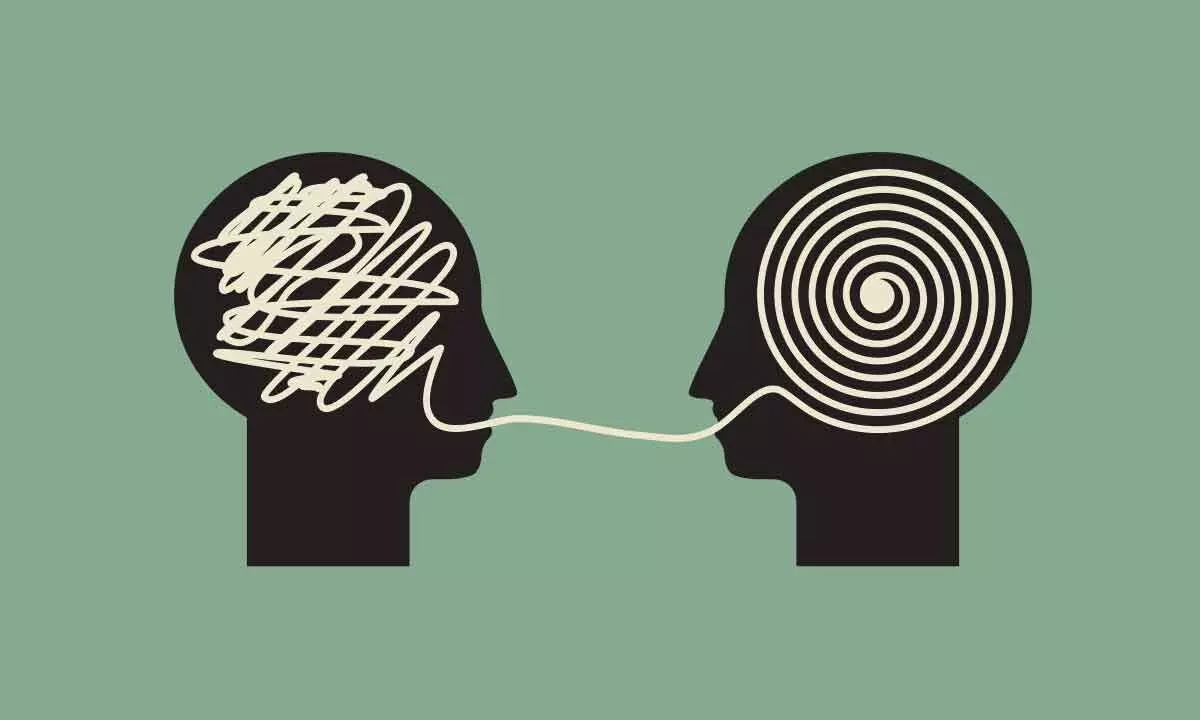How PR can shape perceptions in a world of shifting beliefs
The global village we inhabit demands a nuanced approach to communication. PR offers a roadmap, allowing us to navigate the intricate web of interconnected institutions and individuals
image for illustrative purpose

I have come across a very apt definition of Public Relations (PR). I’ve absolutely no idea who said it but I would like to state that it summarises my views that have been developed after fairly long association with the profession: “Everything you do or say is public relations.”
Now in the present context it is more precise since these are uneasy times for anyone who manages anything worth its salt - be it an organization, business, or even self-branding either in a creative field or politics. It is the aftermath of the emergence of management technology that has been adopted almost everywhere and in every sphere, consciously or otherwise, that has helped transform the way we see, think and act.
However, even while the miracles of our advanced technology have increased multifold the real problem we face is the attitudes of people. In fact the world is in the midst of a revolution of attitudes. Although many think its root cause is the shortages in the essentials of life, be on supply side or on the purchasing power side. But if it is true then how can we justify the dangers that stem from abundance in some developed countries?
Thus those beliefs and concepts that shaped our civilization, Indian or Western, are now being questioned. A kind of dilemma looms large over every conceivable idea’s fruitfulness and essence. And this too shapes people’s attitudes. So attitude is shaped and impacted by many external as well as internal factors. To convince someone and to bring him on your wavelength requires a lot of strategies these days. It has become a daunting task.
A society does not depend primarily on advanced techniques of production and communications alone rather it depends on various other factors. Earlier social changes tended to come singly and slowly but now they occur in all areas at the same time with more or less the same intensity. Since all institutions and elements of society are interlinked so each change wreaks changes on others.
This is a complex world and governed by equally powerful complex system ever known in recorded history. The world is no more separated by boundaries like rivers and forests or mountains. It is now a global village. It has all the inherent qualities of a village and follows all the processes and systems set since ages. It is run by a system and has countless interacting institutions, businesses, and individuals - all intermingled and depending on each other. A closely knitted spectrum of ideas governs them. To be successful in life and in fact in any field one has to penetrate this system.
And here enters on the stage Public Relations. Understanding human psychology and attitudes has emerged as one of the greatest needs of our time. We can conclude this by saying that this understanding and the knowledge of how to cope with the attitudes and direct them to our desired angle is the rationale of public relations. And since all of human society today pivots on communications one has to maximize one’s communication skill. One important factor in this gambit is - Public Relations deals with understanding and uses mass communication.
We all agree that Public Relations is not a formula business. In our personal life the role of public relations is changing and becoming intensely more competitive. Remember, public relations cannot be computerized because formulas for building public relations programs do not exist. At least yet it is not a formula business. It is a function. So a realistic public relations program is not built by reaching into a file and pulling out a formula that has been used by other companies or an individual or any of your close friends. A profitable public relations program is built on hard analysis of present and of future corporate or individual’s objectives by skilled, enthusiastic and able public relations people. My experience shows that good public relations is not free publicity and it costs money and often costs a lot of money.
How something is said, what is said, and why people should respond to the message are essential elements to a successful Public Relations programme because public relations professionals are most often the face or voice of an organization to its public, fielding questions and receiving feedback from important constituent groups. The public respects and supports individuals and companies that demonstrate integrity, ethics and good business judgment in public matters. It is an issue of style versus substance.
(The author is a recipient of the International Bharat Gaurav Award at the British Parliament London, National President of the International Chambers of Public Relations.)

